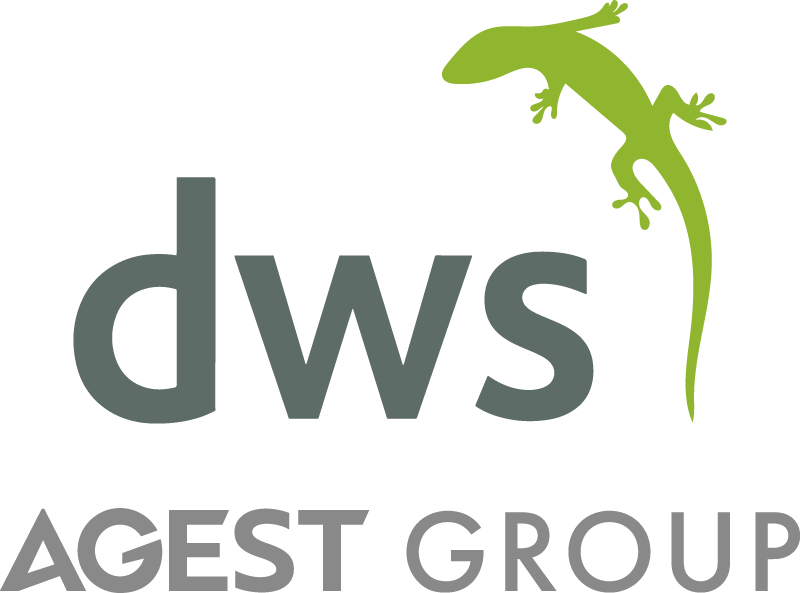The technology products and services marketplace is incredibly diverse. Hardware and software vendors seldom opt to “go it alone” in such a competitive space, so a channel partner model is most often the chosen route to market.
What is it about partnering that makes it so appealing? There’s a clue in the name – partnership. For a partnering model to work effectively there must be something in it for both parties. More than that, there needs to be trust and a shared vision of success.
For the vendor, a channel model provides one key thing: reach. Even the largest of vendors can benefit from a global network of systems integrators (SIs) or value add resellers (VARs). Take Oracle for example, it boasts a global network of thousands of partners, around which a huge ecosystem has developed. It features partners who not only resell or service Oracle solutions but develop a wide range of complementary products and services. We should know, we’re one of them.
What about those VARs and Sis? What’s in it for them? Obviously, we can’t speak for everyone in terms of the value partnership brings, that would be like trying to explain why relationships work – they’re all unique. What we can do is point to our own experience, which reveals four key reasons why partnering with DWS is mutually beneficial. Our partners can:
- Win more business
- Strengthen customer relationships
- Add or enhance internal competencies
- Position and sell value-added services
Whether it’s project based or monthly recurring, we all love revenue. Diversifying your portfolio of products and services help provide additional revenue streams and mitigates the risk associated with single points of failure and should mean you win more business.
End-user customers are on a continuous drive to consolidate supply chains and simplify cost management. Offering a range of complementary services can make you more useful to your customer, as they are able to source multiple products and services from the same approved supplier.
To appeal to as wide an audience as possible, many VARs will adopt a generalist approach. This makes sense on a lot of levels, not least of which is that it avoids the high cost of acquisition and maintenance associated with specialist skills. With an ecosystem comprising thousands of businesses, specialist skills can be outsourced, or contracted, to enhance internal competencies as and when needed.
A logical extension of the DWS partnership model is that our partners can go to market with a broader range of value-add services. They can give their customers something that may not have been apparent from the outset. They can benefit from “we came for the X but stayed for the Y” opportunities.
This was one of the founding principles behind the development of our Dimension range of testing solutions for JDE and Oracle Cloud applications. Having worked closely with channel partners for 25 years to provide technical retrofitting expertise, we were frequently asked if we could recommend a solution for automating and accelerating the functional testing element of upgrade or update projects. In fact, we were asked so often that we decided to fill the void and develop our own range of test planning and automation solutions. Designed specifically for Oracle JD Edwards EnterpriseOne and Oracle Fusion Cloud Applications, SwifTest has formally been recognized by Oracle and can help significantly shorten project delivery timescales by reducing the time spent on functional testing by up to 80%.
If you’d like to find out more about partnering with DWS, visit our partnership page or download our partnering with DWS eBook.
For more details about the Dimension range of products, visit our test planning and test automation pages.



